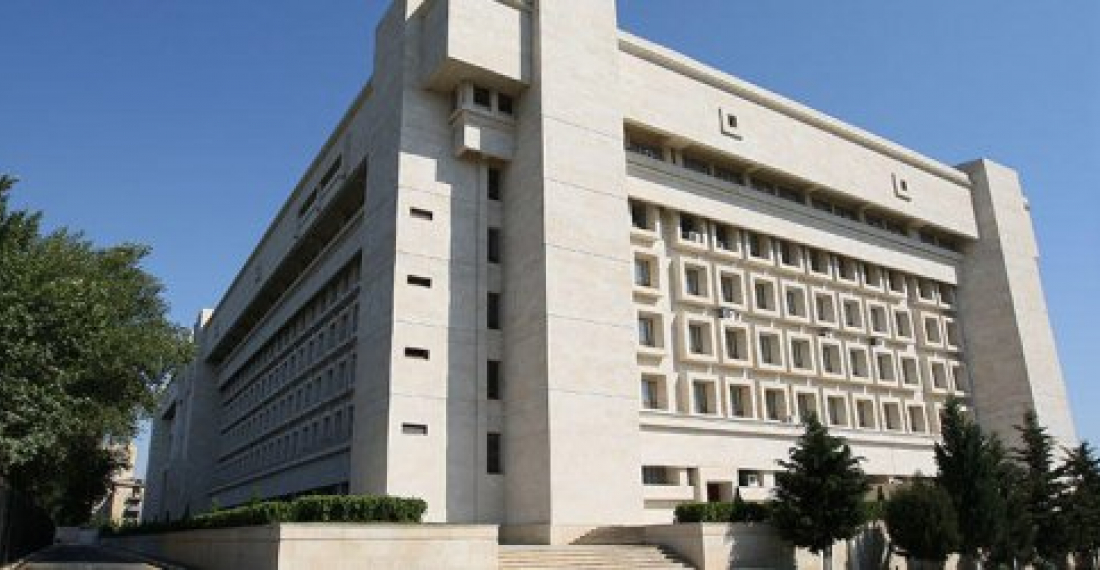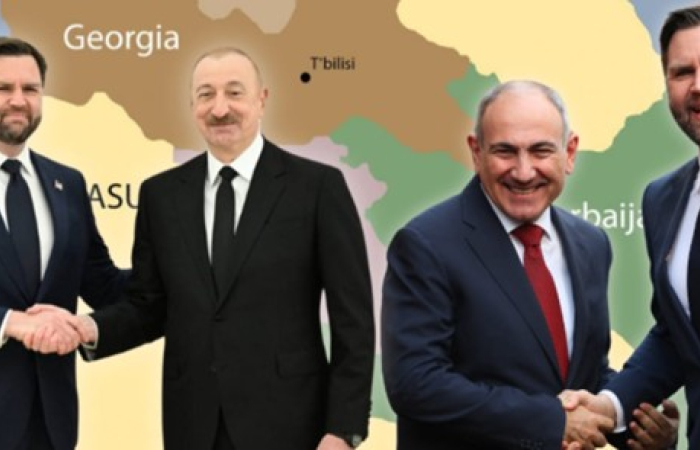The State Security Service of Azerbaijan has reported that it has cracked down on a terrorist group that included men trained in Afghanistan, Pakistan and Syria. In a statement on Friday (11 October) the service said that it continues its fight against the involvement of Azerbaijani citizens under the influence of radical religious ideas in terrorist organizations and armed conflicts.The State Security Service once again warned that persons attracting Azerbaijani citizens in any form to illegal armed groups will be identified and held accountable. It urged citizens who fall under the influence of radical religious ideology not to join such illegal armed groups. The State Security Service said four persons were brought to court charged with various violations and are being held under preventive arrest.
In its statement, the service cited the case of Bahram Taghibey, an Azerbaijani citizen born in 1971, who went under the religious nickname "Abu Ibrahim Dagystani", and who was an explosive specialis who had joined jihadist groups in Afghanistan. It said that as part of an international search activities he was detained in Pakistan and extradited to Azerbaijan in October 2019.
Another case was that of Bahram Gulaliyev who provided international terrorist organizations with explosive devices, which he manufactured using chemicals, as well as conducting training in the manufacture of explosive devices in foreign illegal armed groups. He also recruited citizens of Azerbaijan to participate in armed conflicts. The other two apprehended were Elchin Gasimov and Rasi Abbasov who, the State Security Service said, had fought with jihadist groups in Syria.
source: commonspace.eu with agencies
photo: The buiulding of the State Security Service of Azerbaijan







